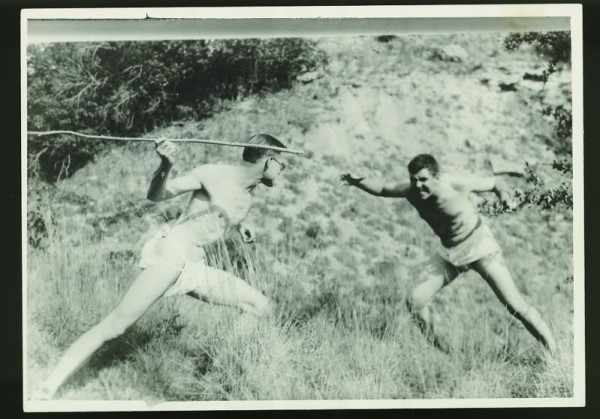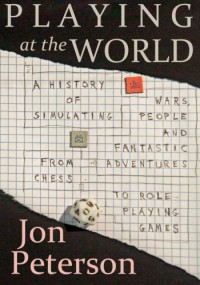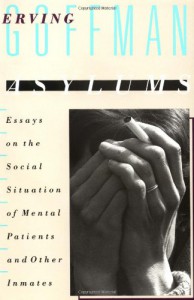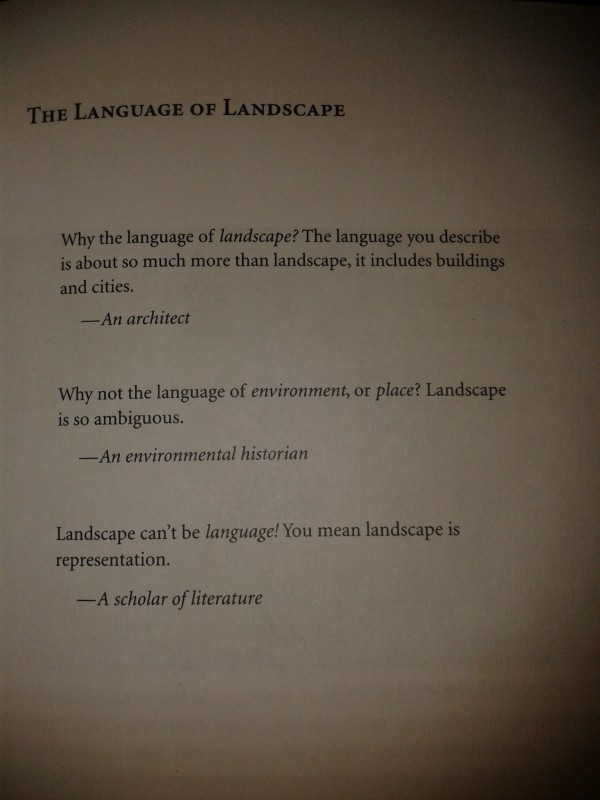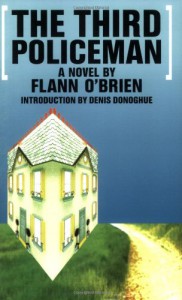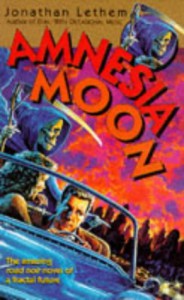
I'm reading Amnesia Moon, again, to better understand a video game. I'm also reading Amnesia Moon again, having first read it some 10 years ago when I found a single copy with the hilariously garish cover shown here languishing in the stock room of the discount book store in which I used to work. I assumed that it was probably terrible, because most of the books we sold were, and at best Lethem was merely an also ran. The remaindered book industry is a weird one, living as it does in the valley between hubris and economies of scale. Every delivery day was tinged with the excitement of the unknown - we would be sent crates of stock generically labelled 'books' on the delivery note and inside would be the apportioned contents of whichever warehouse head office had bought up for cheap this week. A write-off on a publisher's balance sheet might bring us celebrity memoirs that would fly off the front table, or unshiftable hardback enthusiast tomes on fishing destined to gather dust in the hobby aisle.
Besides these two extremes there was also a steady stream of mass market paperbacks, sold three for £5. We were often asked how it was possible to sell them so cheap, but the truth is that it is built in to the business model of paperback publishing. The majority of the books sold this way are churned out by their authors to order, sold to book clubs in bulk at tight margins and then dumped into remaindered stock as soon as the ROI ticks above the magic number and warehousing costs will start to eat into that margin. You may see a copy or two of these titles, family sagas for the women and thrillers or war stories for the men, in the high-street book stores for full price, but it is not how they are intended to sell. And we would have regular customers, who would come weekly or monthly or fortnightly and get three of whichever books it was that we were offering then. The books didn't matter particularly, and so many of them were the same story retold anyway, what they wanted was something to read because reading was a thing that they enjoyed doing; the fact that the specific titles that they read were determined by the complex, grinding machinations of capitalism at its least sexy is immaterial, it was just a system which we all lived our lives in.
Just as I was not defined by my job of stacking those books, they were not defined by their hobby of reading them. But this ceding of control of what it is that you imagine about is central to Lethem's apocalypse. In Amnesia Moon most people are not able to experience their own imaginative landscapes because they are being imposed by those with more power. In some cases this control is direct, but in others it is just a case of being at the end of a system that isn't being run for them but that dreams for them anyway. Of course the hero has the power to impose his will upon the world, but he doesn't want to, preferring to hide from the possibility of his own tyranny. He's special in a way that others aren't.
One of the most interesting things to me about Amnesia Moon is how close it sails to a number of feminist sci-fi works, and in what ways it then diverges. Feminism has long been aware of the constructed nature of realities, and the way that intersecting spheres will have their own rules and power structures that yet distinguish them. That the world of work and the home and the school are all conflicting dreams and there is no one underlying way of being that will ensure safety in all of them, or that could make them all as real as each other. And so the fractured reality is a common trope that distinguishes at least a certain strain of feminist SF from the total apocalypses of macho imagination - the objective truth of destruction against which a man can prove himself a new master. From Angela Carter's shifting sexual hellscapes in The Infernal Desire Machines of Doctor Hoffman To Justina Robson's pulp quantum collapse in Keeping it Real, what happens after the end is just a continuation of what was happening before it, writ larger and brighter.
Lethem's apocalypse then is one that understands the way in which ideologies compete to define the world you live in, but not how they compete to define who you are. Although Chaos, in his travels, regularly forgets and remembers aspects of his past he is always, at core and in action, still himself. There is no question that his personality is compromised, that he might act differently to the man he believes himself to be when his world next shifts. That is of course why he is the hero - it is never his reality that is in question - and why he gets to sleep with Edie while thinking about Gwen and not have the truth of his existence as himself questioned. The truth of the absolute nature of his love is what makes him real, and it cannot be compromised by being with the person he is with. Past is, in Lethem's world, more real than the present and for me this is his key divergence from Carter, Robson et al.



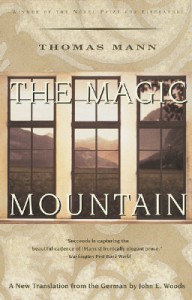

 1
1





